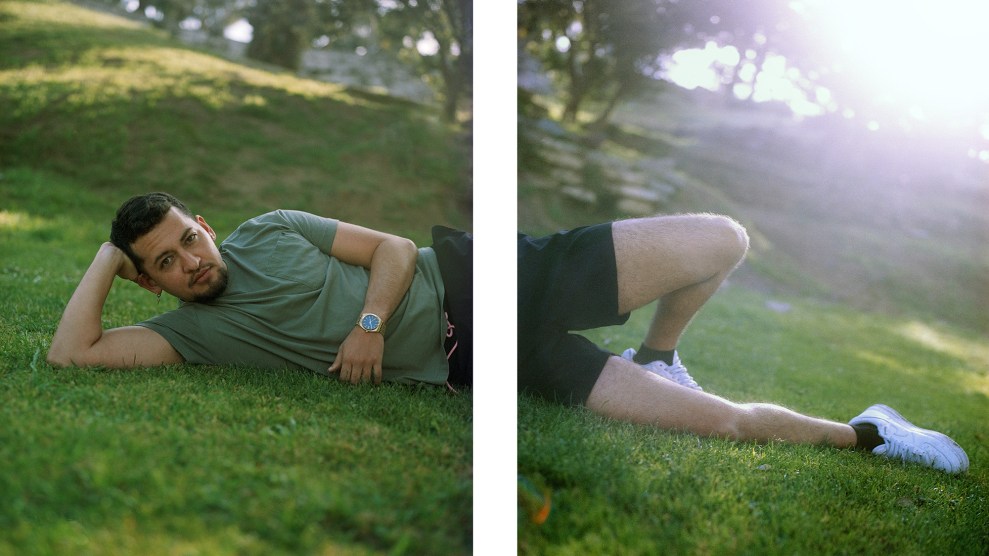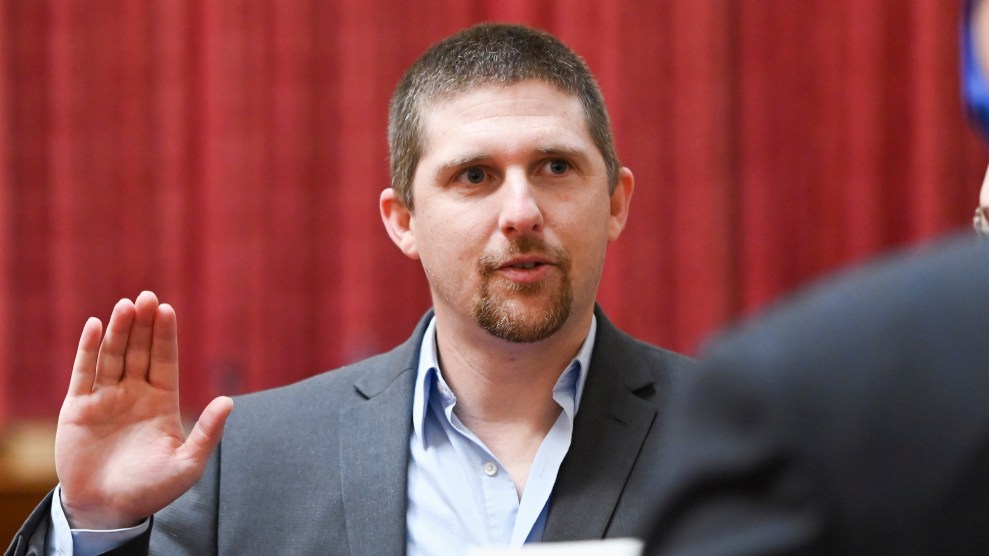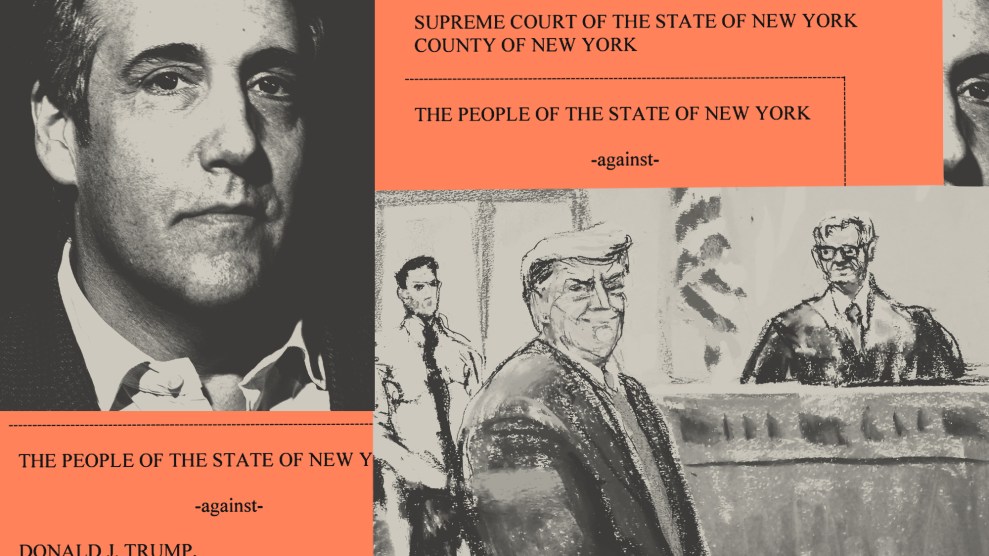The music on the newly unearthed recording Bill Evans: Live at Ronnie Scott’s came to us through a number of coincidences.
At first, it seemed there were no clear recordings of the four weeks in 1968 when a “mythic” but short-lived jazz trio—Evans, the pianist famous for his work on Miles Davis’ Kind of Blue; the bassist Eddie Gomez; the godly drummer Jack DeJohnette—descended on a London club.
There were recordings of the trio before and after. In those, you can hear Evans—by the late ’60s, too expertly comfortable in his swooning ballads he’d put behind Davis—tested. DeJohnette’s percussion urges him on. (Evans later said that DeJohnette woke up his sleepy piano.) With this trio, Evans always said he’d played with greater vibrance. I never totally heard that on what’s come out before, when I first heard the trio a few years ago. At least to me, there was always a hint of more.
“It was a good run,” DeJohnette said in 2017 of the gig at Ronnie Scott’s. What did that sound like? It seemed unlikely I’d ever know. In 2016, DeJohnette found a recording of the Ronnie Scott’s show. He’d set up his personal tape deck between the drums and piano. But when he sent it over to Resonance Records’ Zev Feldman, it seemed unusable. Feldman said it “sounded like I was listening through a sock.” That, they thought, would be the end of it.
But in 2018, Feldman came up to DeJohnette’s basement in New York. “We listened to the same tape that he had sent to me in 2016,” he said. “Except it turned out that the first time we listened to it we weren’t doing it right—it was a four-track recording which had parts running in different directions or something—and this time, lo and behold, there was music on the tape!”
Now you can hear the Ronnie Scott’s recording in impressive clarity. It is decidedly live; you can make out the scuttle of the room in which they’re playing. The drums are louder, especially on “‘Round Midnight.” It is, to my mind, the waking up of Bill Evans, in motion. And it really is a delight. Adding to his signature sweep of modal tones, impressionistic chords, and lyrical runs are higher-energy chunks of sound than his earlier recordings. It’s a bit more alert than his Verve and Emarcy sessions.
You cannot stream it. Buy the record from Resonance for yourself or the holidays.

















